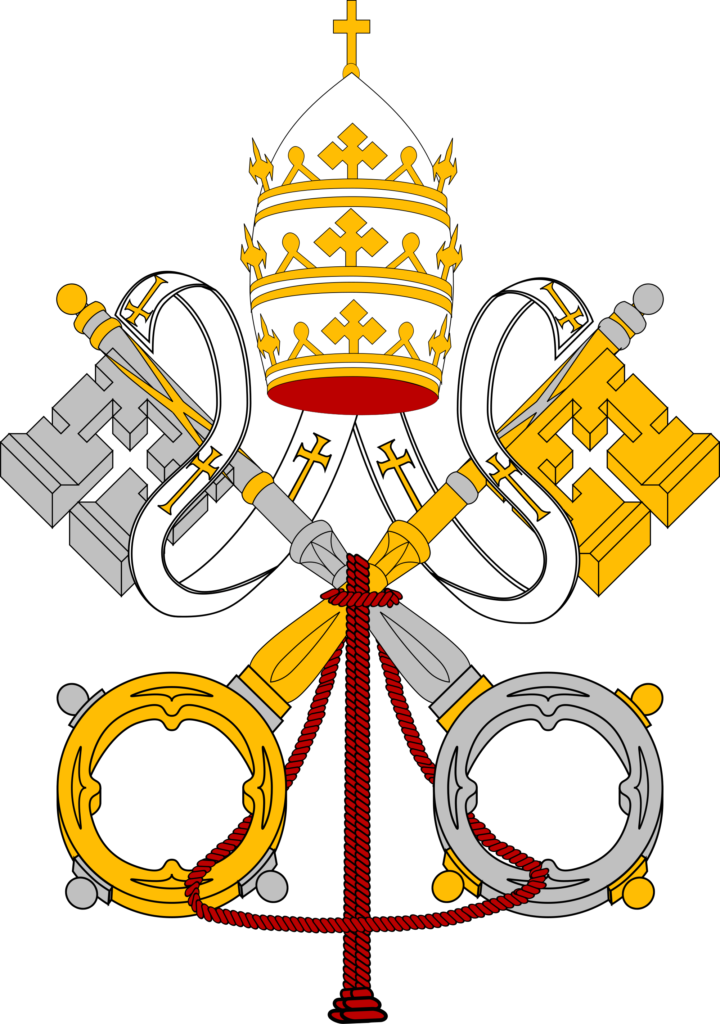Macron and Pope talk poverty, migration and Europe in long meeting



The two talked together for nearly an hour in the official papal library in the Vatican’s Apostolic Palace, about twice as long as Francis usually spends with heads of state or government.
They discussed “protection of the environment, migration, and multilateral commitment to conflict prevention and resolution, especially in relation to disarmament,” a Vatican statement said.
They also spoke about prospects for resolving conflicts in the Middle East and Africa and the future of Europe, it said.
At the end of the private part of the audience, Macron gave Francis a rare copy of Georges Bernanos 1936 book “Diary of a Country Priest”.
Francis gave Macron a medallion depicting Martin of Tours, a 4th century saint who is depicted cutting his cloak in half to give it to a beggar in winter.
“This means the vocation of those who govern is to help the poor. We are all poor,” Francis told Macron as he was giving him the medallion.
Macron earned himself the nickname “president of the rich” in France after scrapping a wealth tax and cutting a popular housing allowance in the first year of his mandate, hurting his popularity with the working class.
As Macron left the library, he and Francis exchanged a two-cheek kiss, another very unusual gesture between a pope and a visiting head of state.
The Vatican was expected to issue a statement later on the themes discussed during the private talks.
Two months ago, Macron called for stronger ties between the state and the Catholic Church, a move critics said blurred a line that has kept French government free of religious intervention for generations.
The issue is particularly sensitive in historically Catholic France, where matters of faith and state were separated by law in 1905 and which is now home to Europe’s largest Muslim and Jewish communities.
France’s guiding principles also hold that religious observance is a private matter, for all faiths.
Macron was raised in a non-religious family and was baptized a Roman Catholic at his own request when he was 12.
After leaving the Vatican he was installed as the “First and Only Honorary Canon” of the Rome Basilica of St John’s in Lateran, which is the pope’s cathedral in his capacity as bishop of Rome.
Under a tradition that began in the 15th century when France was a monarchy, French leaders are automatically given the title.
Macron took his seat of honor in basilica’s elaborately carved wooden choir stall to the applause of those in attendance, including members of the local French ex patriot community.
Additional reporting by Michel Rose in Paris, Editing by Richard Balmforth
